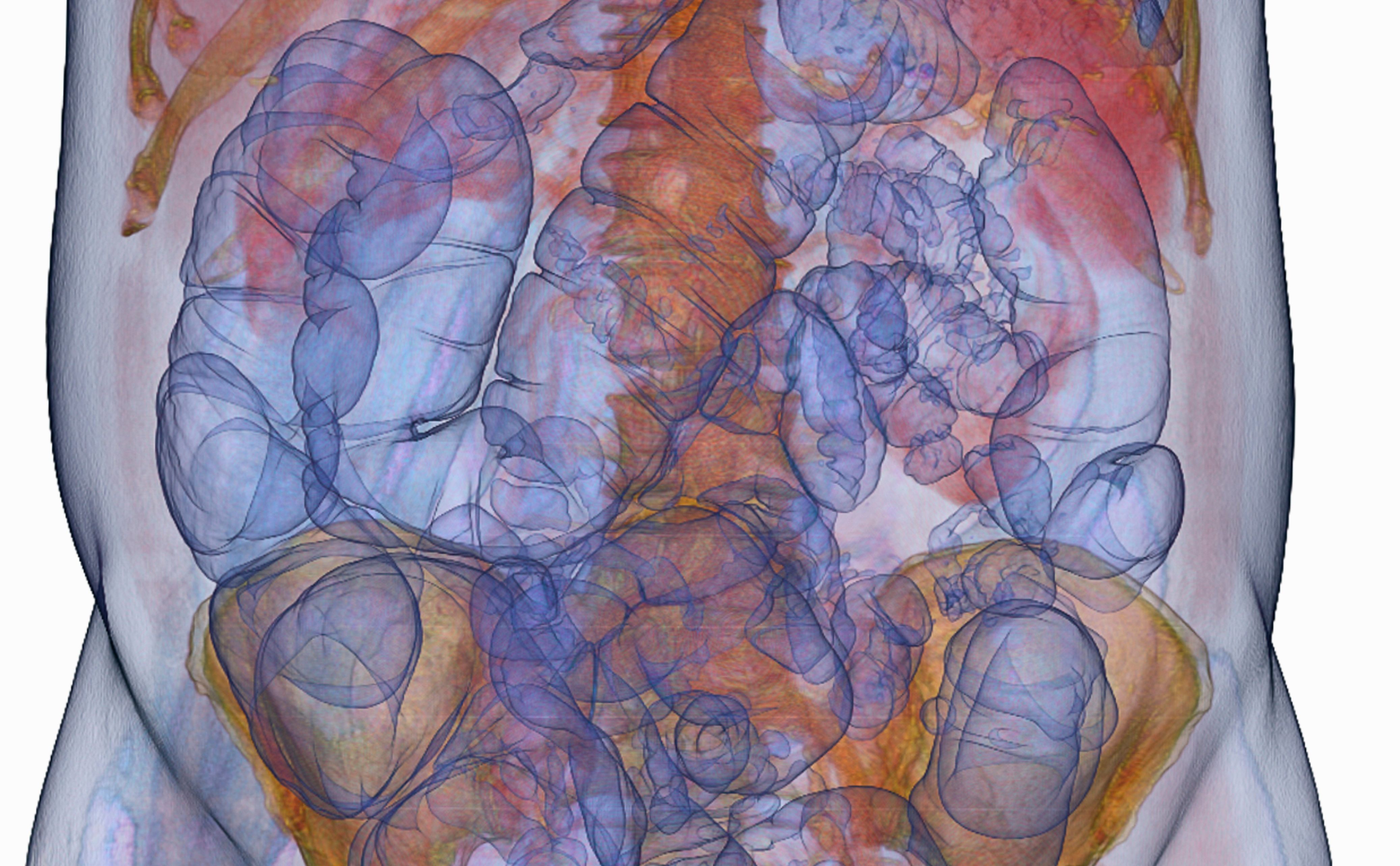Leslie Kenny reveals the top longevity foods
GBN
Chicken has long been considered a healthier protein option compared to red meat
Don't Miss
Most Read
Trending on GB News
New research suggests eating more than 300 grams of chicken weekly could increase your risk of early death by 27 per cent compared to consuming less than 100 grams.
This amount equates to roughly three servings of chicken per week.
The study, published in the journal Nutrients, found particularly concerning links to gastric cancers.
Chicken has long been considered a healthier protein option compared to red meat, making it a staple in many British households.
However, this preliminary research challenges that assumption, suggesting our favourite poultry dishes may carry unexpected health risks.

Chicken consumption continues to grow globally
GETTY
The findings are particularly significant as chicken consumption continues to grow globally.
Current dietary guidelines recommend around 100 grams of poultry as a standard portion, suggesting it be included in meals about one to three times weekly.
The research evaluated over 4,000 participants who were interviewed by medical staff about their health, lifestyle habits and personal history.
Researchers followed participants for an average of 19 years, collecting comprehensive data. Respondents completed validated questionnaires designed to reflect typical food consumption patterns.
The study specifically tracked consumption of different meat types, including red meat and poultry, sorting intake into four levels.
Researchers confirmed participants' health status using local municipal records and a regional database.
Advanced statistical methods were employed to adjust for factors like age, sex and health conditions.
This approach allowed researchers to establish connections between meat consumption and mortality risk with greater accuracy.
The study aimed to bridge research gaps, as while red and processed meats have been linked to negative health outcomes, research on poultry has been limited.
The study revealed that participants who died from gastrointestinal cancers typically consumed more meat weekly than those who died from other causes.
Male participants who ate more than 300 grams of poultry weekly had more than double the risk of dying from gastrointestinal cancer compared to those who ate less.
LATEST DEVELOPMENTS:

Even modest amounts of chicken could increase the risk of gastric cancer
GETTY
The risk increased progressively as consumption increased, and was greater when compared to the same portion of red meat.
However, the research has important limitations to consider. The study didn't collect details on how poultry was prepared or whether it was processed.
This creates uncertainty about whether outcomes differ between those consuming fast-food chicken versus home-cooked grilled chicken as part of a balanced diet.
Additionally, researchers lacked data on participants' physical activity levels, which could affect the diet-health relationship.
As an observational study, the findings demonstrate associations rather than establishing causal relationships.








